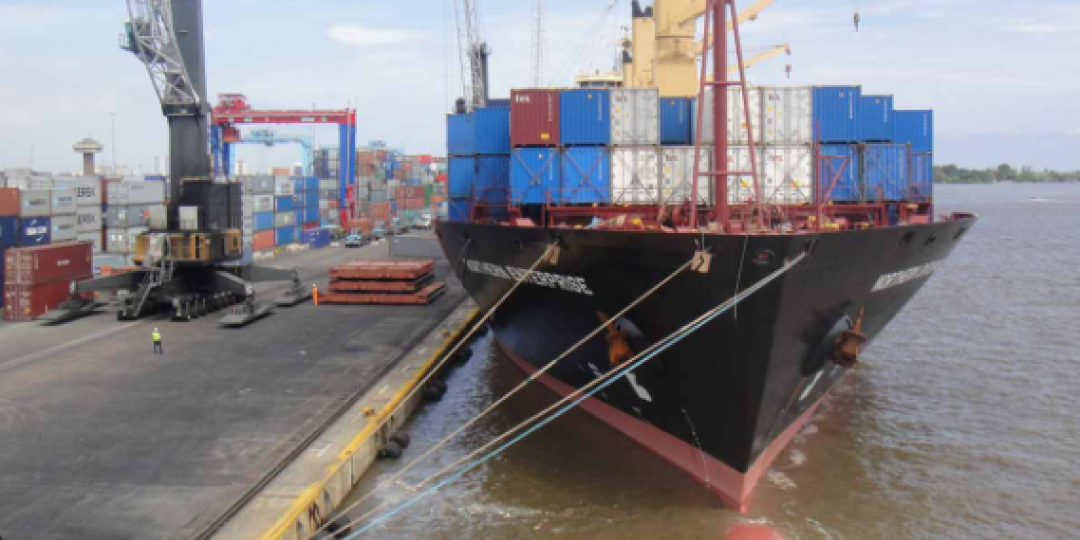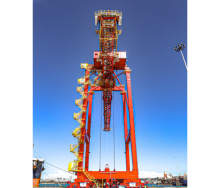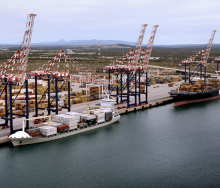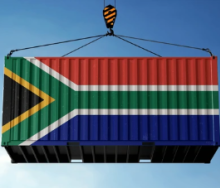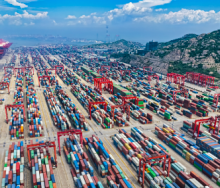Vessel calls at African ports have recorded a significant upward trajectory between the first half of 2018 and the first half of 2023, with container vessels up 20%, while tanker calls grew by 38% - both record-breaking increases for the continent.
That’s according to Unctad’s latest Review of Maritime Transport, which warns, however, that infrastructure upgrades will need to be prioritised.
In terms of vessel registration, Liberia in 2022 became the world’s largest ship register in terms of deadweight tonnage, surpassing Panama which had been in the lead for three decades.
The African nation continued to top the list in 2023, posting a 17.3% share of global fleet compared to Panama’s 16.1%.
Other African top performers included Cameroon at 27th place in terms of deadweight tonnage and vessel number, while Nigeria ranked 33rd, after expanding 16.2% in registered deadweight.
More broadly, South-South waterways connecting sub-Saharan Africa to other parts of the developing world, logged the highest increase (9%) in its volume of globalised container trade in 2023.
Clearly, the attacks on commercial ships in the Red Sea, which began in November last year, have been good news for the continent, prompting large numbers of vessels to navigate away from the Suez Canal and around the Cape of Good Hope.
The rerouting, which has increased congestion in South African ports, has created opportunities for countries like Madagascar, Mauritius, Namibia or Tanzania, which are strategically located on maritime routes connecting Asia with Europe.
Several East African countries, whose foreign trade is highly dependent on the Suez Canal – by volume, that’s approximately 31% and 34% respectively for Djibouti and the Sudan – are therefore subject to the disruptions.
For example, East Africa has seen a shortage of perishable goods and standard containers due to longer cargo delivery times, impacting avocado, tea, and coffee supply chains.
Moreover, the impact on empty containers, driven by carriers prioritising shipments to high-paying markets such as Europe and the United States, has come at the expense of regions like Africa – reminiscent of the pattern seen during the Covid-19 pandemic, the report points out.
